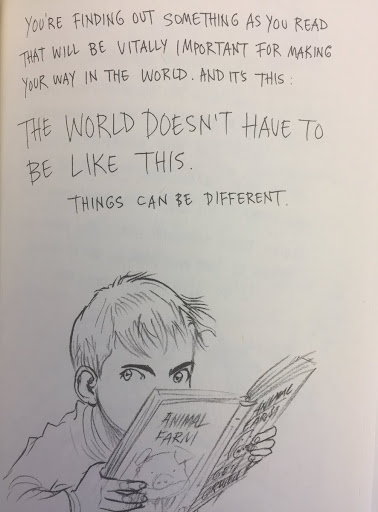When you’re at a stage in your freelance writing career where you’re comfortable enough to reject clients, you absolutely should. I’ve come across gigs that just aren’t worth my time or effort, even if the pay looked attractive.
Gauging what to swipe right or left on isn’t always as blatant as you would think, so after 20+ years of freelance journalism, I wanted to share my perspective on what I’ve learned about passing on gigs.
Does it work with your schedule?
As tempting as a $1/word gig may sound, before you write “I’m in!” (or a more formal confirmation), look over your schedule.
If you have a crowded month coming up with non-stop deadlines, accepting another article to write could be overwhelming and taxing on both your mental and physical energy.
Then again, can you fit this gig in somewhere? If this opportunity is attractive for any number of reasons (pay, new/respected outlet, passionate about topic), you could find time on weekends and forsake a few social outings. But remember, a rushed article could hurt the first impression you want to make on a client.
Does it pay enough?
Your recent pitch was just accepted by a well-known Canadian magazine and you’re ecstatic as you read the email and then you click reply, Sure! I’ll write 800 words about this fun idea I pithed, what does it pay?
Then comes the sad-face email: “We pay $100 only. Is that OK?”
Most decidedly it is not, and when I faced this exact situation I had to turn down the offer, as I expected the rate to be at least triple what was offered. I didn’t feel too bad about it, though; it was a lesson for me on doing as much research as possible to learn about the rates of the magazines I pitch to regularly.
Don’t assume that a cool indie mag will pay you a commendable fee, especially after the pandemic did a number on countless news outlets around the world. If the pay isn’t in the ballpark that feels right for you, rejecting the gig will be telling editors (and yourself) that you are worthy of a higher rate, that you value your journalistic skills beyond the beginner fee of 10 cent a word.
Is this interesting enough?
I struggled to find the right word that may apply to a variety of situations where you could reject a gig based on the topic boring you, but let’s go with “interesting” for now.
I was once offered a project to write copy for an overseas plastics company, contributing primarily for their social media accounts. I have deep experience in this type of writing, but the subject matter didn’t tug at me. Researching and writing about plastics additives aren’t among my top 4 Ps to determine if I accept a project—Passion, Pay, Prestige, Professional Development.
The pay wasn’t head-turning, the prestige was non existent because my name wasn’t associated with this brand, I wasn’t passionate about the subject, and I wasn’t really exercising any professional muscle I was looking to tone.
Saying good-bye to this gig also lowered some of the anxiety I felt about whether I was wowing or disappointing my client. It freed up more time to pitch to outlets that satisfied one of the Ps.
Exceptions exist for every rule, so if you’re beginning your freelance writing career, you will likely say yes to gigs you’ll turn down later. But once you establish yourself as a professional with set goals on income and ideal outlets to carry your byline, you’ll feel more at ease turning your attention to projects that fuel you and inspire your work.
Interested in learning more about what it takes to succeed in freelance journalism? Learn more about my coaching programs here.





